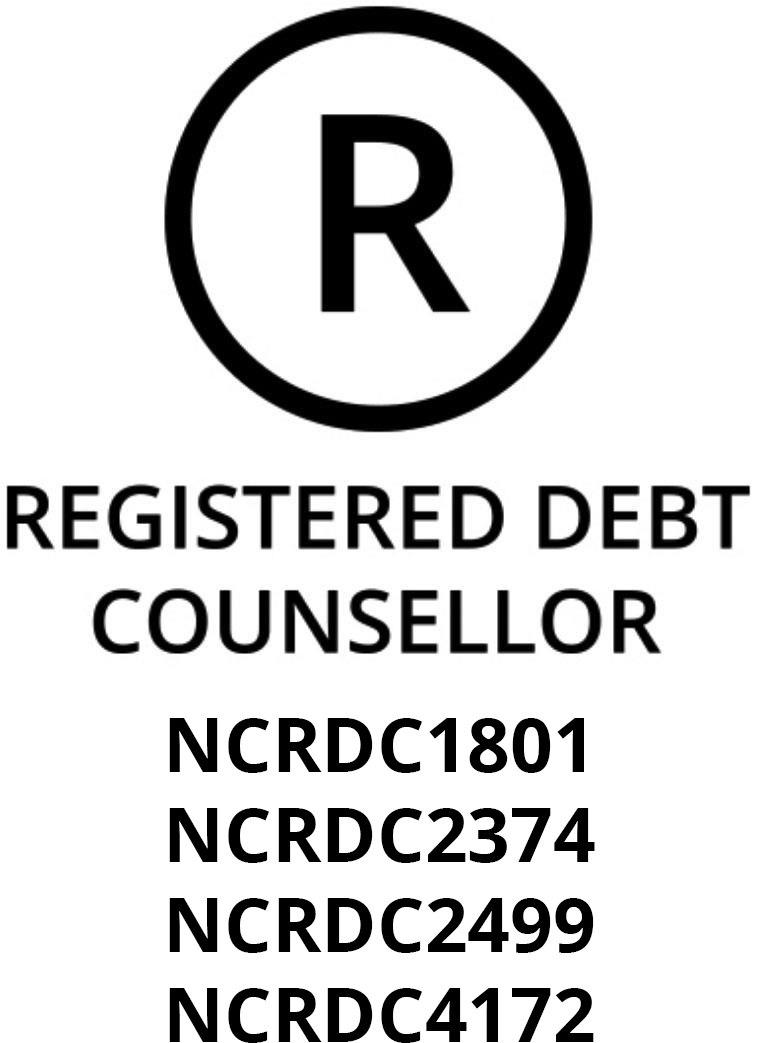The thought of going to court is enough to make anyone nervous!
If this is what’s holding you back from applying for debt counselling or debt review, then worry no more. In most cases, you will not have to appear in court at all. Your case, however, does appear before either the Magistrates Court or the National Consumers Tribunal.
So for a short answer - no, not all debt review or debt counselling clients need to go to court. In fact, most don’t.
But how does this work? Read the full article below to find out everything you need to know.
The process of debt review or debt counselling in South Africa
The process of each debt counselling or debt review company will be slightly different. These are the steps that occur in DebtBusters’ onboarding process.
As the consumer, you will get in touch with us by filling in our free call-back form or expressing your interest via one of our other channels.
One of our experts will call you and conduct a free assessment, to give us an indication of where you stand financially and whether you qualify for debt counselling. If you do, you will be sent a welcome pack with some forms to complete.
The Form 16 application
Included in the welcome back is the Form 16. This is the application for debt review (which includes personal details, budget and debts), which is to be filled out. Once you send this back to us, you have formally applied for debt counselling and we can continue with the process.
Form 17.1
After you’ve applied, DebtBusters will notify both your credit providers and the credit bureaus that you have applied for debt counselling. We do this using the form 17.1.
The creation of one monthly debt repayment plan
With all the information we’ve collected, we will have another call with you to discuss a new budget going forward. This will include how we plan to reduce your fees and interest rates and how all your payments will be consolidated to create one monthly repayment.
Form 17.2
After your new budget is confirmed and agreed upon we will send out form 17.2, which is a notification to credit providers and credit bureaus - by the debt counsellor - of restructuring (successful application) or rejection of a client’s debt.
Need debt counselling or consolidation?
Explore DebtBusters' solutions for reducing your interest rates and unlocking cash.
Find out moreGoing forward
Thereafter, negotiators will step in to be in contact with creditors so that we can lower payments the way we had planned. Then, your application will go through to the legal process, where it will be seen before the Magistrates court or the National Consumer Tribunal (NCT).
You as the consumer will not have to appear in court. There are instances where the court will want the actual consumer to be present, but this is few and far between.
If your case is to be seen by the Magistrates court, attorneys will most often represent you in court. Should your case have to be seen by the NCT, then the debt counsellor will electronically file the application on your behalf.
Once this has been completed, the legal team will notify the clients and their credit providers about the court date for the debt review case to be reviewed.
You will then be granted a court order. This will protect you from creditor harassment and ensures that no legal action can be taken against you by credit providers.
No court appearance needed if credit providers accept repayment proposal
Furthermore, under the Debt Counselling Rules System (DCRS), if the Credit Providers accept your repayment proposal, the interest rates and the terms on their system will be altered immediately, thereby making an appearance in court unnecessary.
What happens if the credit providers do not accept the repayment amounts?
If credit providers do not accept the restructured amounts, then that specific account will be excluded from your new repayment plan and you will have to continue paying it as normal.
What happens if you miss your court appearance?
If the court’s jurisdiction does demand that the client is present and the client is absent, then they have the right to not grant the debt review court order. In this instance, very seldom can a client be excused by the magistrate.
Have more questions about the debt review process?
Learn more about Debt Counselling today. If you need assistance with your debt, don’t hesitate to fill in our free call-back form, for an assessment from one of our debt experts.





